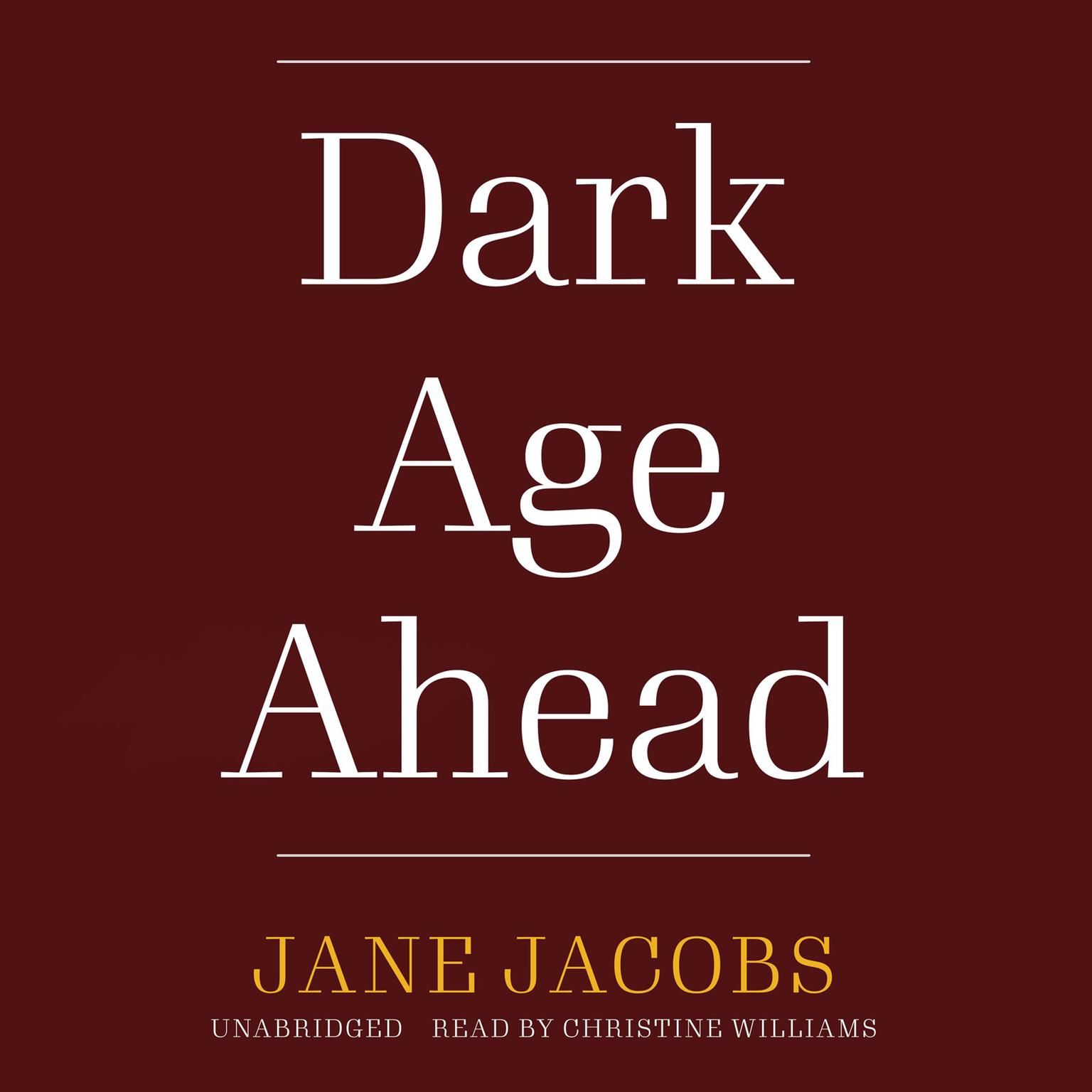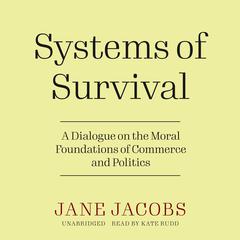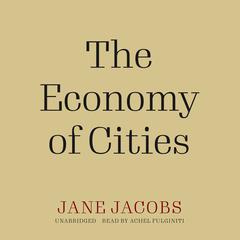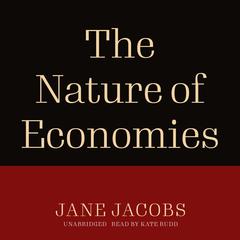 Play Audiobook Sample
Play Audiobook Sample
Dark Age Ahead Audiobook
 Play Audiobook Sample
Play Audiobook Sample
Quick Stats About this Audiobook
Total Audiobook Chapters:
Longest Chapter Length:
Shortest Chapter Length:
Average Chapter Length:
Audiobooks by this Author:
Publisher Description
A dark age is a culture’s dead end. In North America, for example, we live in a virtual graveyard of lost and destroyed aboriginal cultures. In this powerful and provocative book, renowned author Jane Jacobs argues convincingly that we face the coming of our own dark age.
Throughout history, there have been many more dark ages than the one that occurred between the fall of the Roman Empire and the dawn of the Renaissance. Ten thousand years ago, our ancestors went from hunter-gatherers to farmers and, along the way, lost almost all memory of what existed before. Now we stand at another monumental crossroads, as agrarianism gives way to a technology-based future. How do we make this shift without losing the culture we hold dear—and without falling behind other nations that successfully master the transition?
First we must concede that things are awry. Jacobs identifies five central pillars of our society that show serious signs of decay: community and family; higher education; science and technology; governmental representation; and self-regulation of the learned professions. These are the elements we depend on to stand firm—but Jacobs maintains that they are in the process of becoming irrelevant. If that happens, we will no longer recognize ourselves.
The good news is that the downward movement can be reversed. Japan avoided cultural defeat by retaining a strong hold on history and preservation during war, besiegement, and occupation. Ireland nearly lost all native language during the devastations of famine and colonialism, but managed to renew its culture through the steadfast determination of its citizens. Jacobs assures us that the same can happen here—if only we recognize the signs of decline in time.
Dark Age Ahead is not only the crowning achievement of Jane Jacobs’s career, but one of the most important works of our time. It is a warning that, if heeded, could save our very way of life.
Download and start listening now!
Dark Age Ahead Listener Reviews
Be the first to write a review about this audiobook!
About Jane Jacobs
Jane Jacobs (1916–2006) was a writer and activist who championed new approaches to urban planning for more than forty years. Her 1961 treatise The Death and Life of Great American Cities became perhaps the most influential American text about the inner workings and failings of cities, inspiring generations of urban planners and activists. Her efforts to stop the building of downtown expressways and protect local neighborhoods invigorated community-based urban activism and helped end Parks Commissioner Robert Moses’ reign of power in New York City.
About Christine Williams
Christine Williams is a singer and actor based in Ashland, Oregon. Her performance credits include productions at regional theaters and on concert stages across the country and around the world, from the Oregon Shakespeare Festival and the Barbican Centre in London to the Aspen Music Festival and the Grotowski Institute in Poland.








